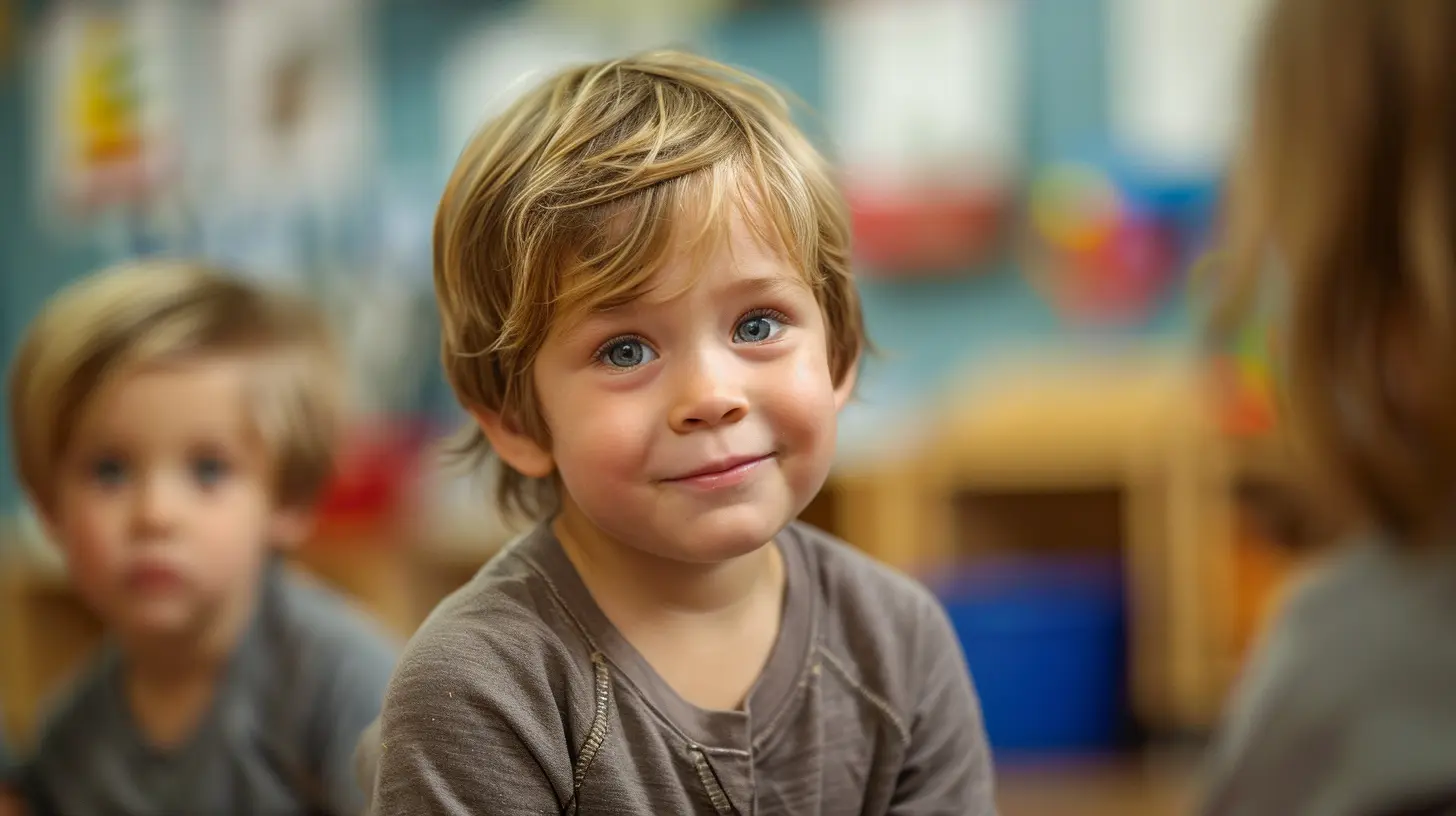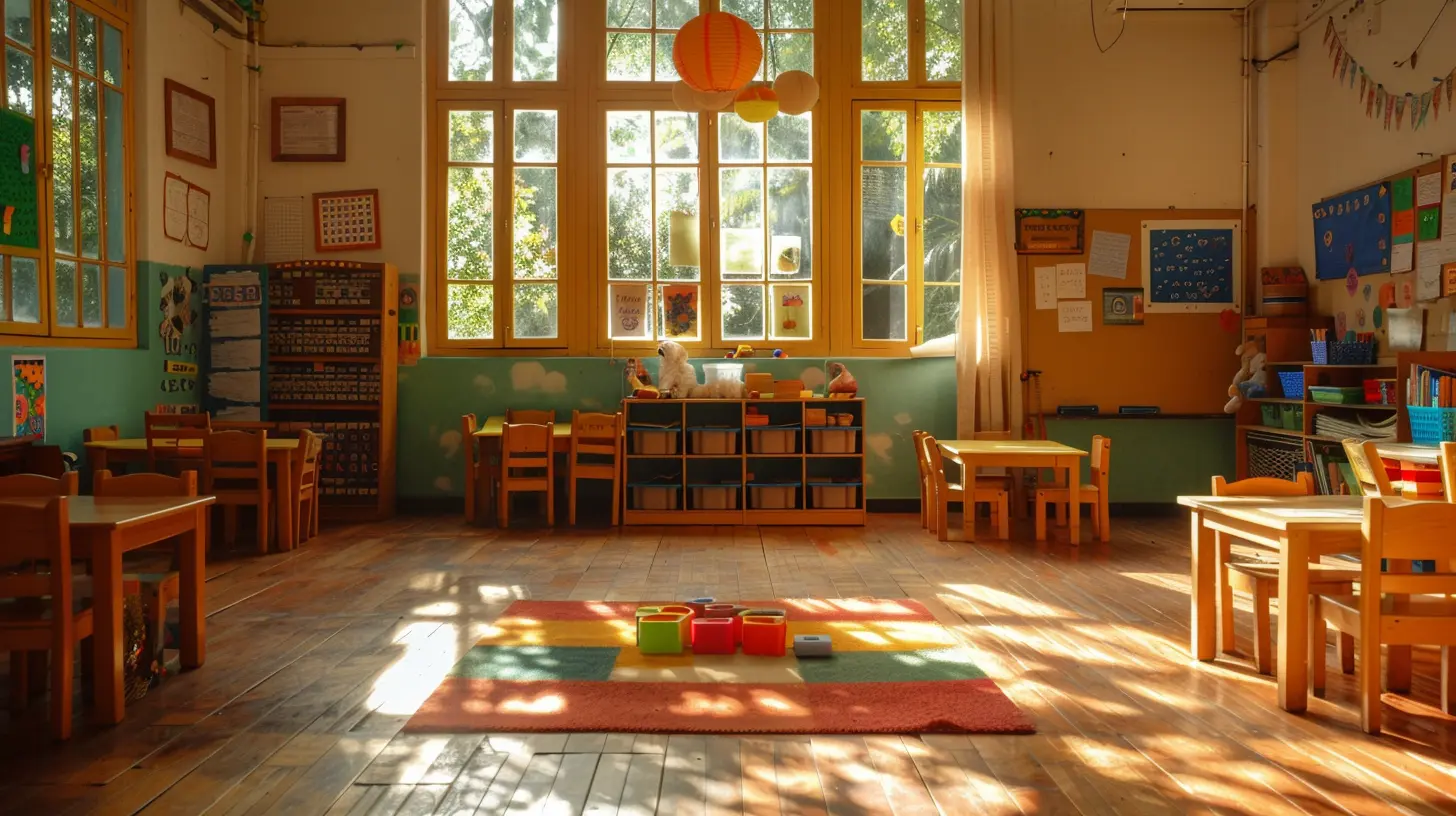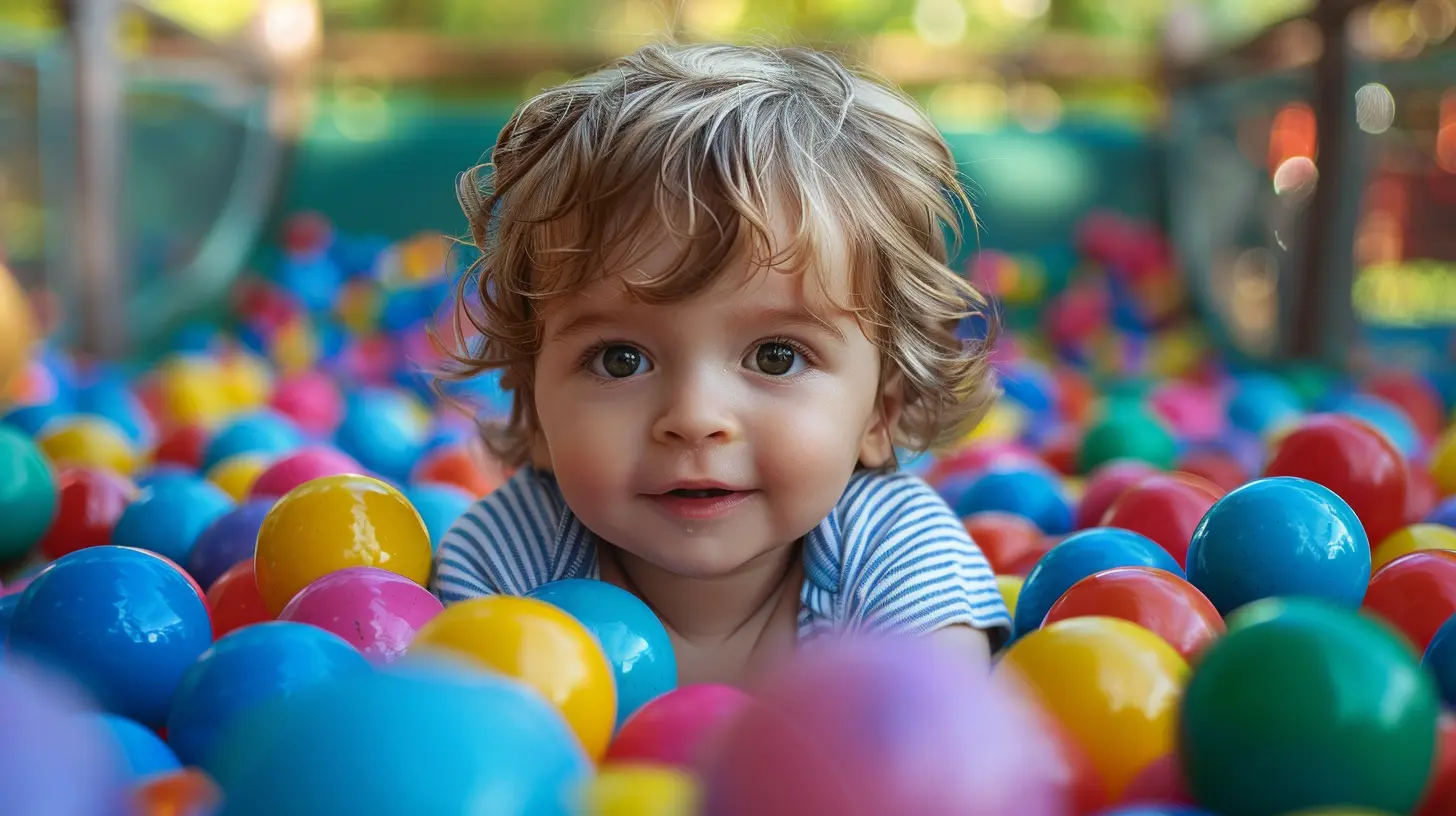The Role of Play in School Readiness
21 August 2025
When we think about preparing kids for school, we often imagine them sitting quietly, learning their ABCs or practicing numbers. But what if I told you that one of the best ways to get your child ready for school doesn't involve worksheets or flashcards? It involves something much more fun – play! Yes, you heard that right. Play isn't just about keeping your little ones entertained; it's essential for their development and overall school readiness.

What Exactly is School Readiness?
Before we dive into the role of play, let's first clear the air on what school readiness really means. Many parents assume that being "ready" for school means their child can recognize letters, count to ten, or write their name. Sure, those are useful skills, but school readiness goes beyond academics. It's more about whether your child is emotionally, socially, physically, and cognitively prepared to handle the school environment.Think of school readiness as a toolbox. Yes, academic skills are tools, but so are things like the ability to follow instructions, understand social rules, solve problems, and manage emotions. And guess what helps build most of those tools? You got it, play!
Why Play Matters More Than You Think
It might seem counterintuitive, but giving your child the freedom to play is one of the most effective ways to help them develop vital skills for school success. Play is how children learn best. It’s their language; it’s how they figure out the world around them.When kids play, especially unstructured play, they’re doing more than just having fun. They are learning to think creatively, solve problems, negotiate with peers, and express emotions. These are all crucial skills they’ll need when they step into a classroom for the first time.
Let’s break it down further.

The Cognitive Benefits of Play
1. Developing Problem-Solving Skills
Children are naturally curious, and play allows them to explore their curiosity freely. When they play, whether it’s building a tower with blocks or role-playing through a pretend scenario, they’re constantly solving problems. If the tower falls, how can I make it stronger next time? If we’re pretending to run a store, how do I decide who gets to be the cashier? These are tiny puzzles they’re figuring out, which is a basic foundation for learning more complex concepts later in life.2. Boosting Creativity and Imagination
Creative thinking is a key part of cognitive development, and it’s through play that imagination flourishes. When your child turns a cardboard box into a rocket ship or gives their stuffed animals a voice during pretend play, they’re not only having fun but also developing out-of-the-box thinking. These creative skills can later help them in subjects such as writing, art, or problem-solving math.3. Building Attention Span and Focus
Sitting in a classroom requires focus, attention, and patience—skills that are honed during play. When kids are deeply engaged in activities they love, like building with LEGO or doing puzzles, they're naturally working on their attention span. The more they practice focusing on a single task during play, the more they'll be able to do it in a classroom setting.
Social Skills Through Play
1. Learning Cooperation and Teamwork
Let’s face it, school involves a lot of teamwork. Whether it's working on a group project or just sharing space with classmates, knowing how to cooperate is essential. Much of this is learned through social play, especially in group settings like the playground. When your child plays with others, they learn to take turns, communicate, and resolve conflicts—all critical social skills for the school environment.2. Fostering Empathy and Emotional Awareness
When children engage in pretend play, they often take on different roles—sometimes they're the doctor, sometimes the patient, maybe even the teacher. This role-playing gives them a chance to step into someone else’s shoes, which fosters empathy, a critical emotional skill. Understanding how others might feel helps children navigate relationships at school.3. Managing Emotions
It’s not always easy for little ones to manage big feelings, like frustration or disappointment. But playtime offers a safe space to practice. When they lose a game or their block tower comes tumbling down, they're faced with setbacks. These little emotional challenges during play develop their emotional resilience, equipping them to handle disappointment or frustration they might encounter in the classroom.
The Physical Side of Play
1. Strengthening Gross and Fine Motor Skills
Ever watched a toddler run, climb, or try to catch a ball? These activities are doing more than just burning off energy – they’re helping to develop gross motor skills, which involve larger muscle movements. These skills are essential for tasks like sitting upright at a desk or participating in physical education sessions at school.Meanwhile, fine motor skills, which are developed through activities like coloring, stringing beads, or playing with small objects, are vital for writing, cutting with scissors, or anything that requires precise hand-eye coordination. Play helps in developing both gross and fine motor skills, giving your child the physical ability to handle the day-to-day tasks required at school.
2. Encouraging a Healthy, Active Lifestyle
Active play, especially outdoors, instills the habit of movement in children. A physically active child is not only healthy but also likely to have higher self-esteem and better concentration levels, which are important for school success.Play and Emotional Well-being
1. Building Confidence
When your child masters a new game or skill during play, it boosts their self-confidence. It’s through trial and error in a low-stakes environment that they learn they can succeed, and sometimes fail, and that’s okay. This sense of self-assuredness carries over to school, where they’ll need the confidence to try new things and face challenges.2. Reducing Stress and Anxiety
Starting school can be overwhelming for some children. Play helps ease this transition by reducing stress and anxiety. Through play, especially free play, children can express their emotions, relax, and feel in control of their environment. This emotional decompression helps them cope with the stress they might feel in a more structured school setting.
Structured vs. Unstructured Play: Is One Better?
Now, you might be wondering, “What kind of play is best?” Should you be orchestrating playtime or letting them figure it out on their own?Unstructured play, or free play, is when children have the freedom to explore and create their own games, using their imagination without adult interference. This type of play is great for fostering creativity, problem-solving, and independence.
On the other hand, structured play refers to activities that have more guidance, like playing a board game or following specific rules in a sport. This kind of play helps children learn to follow instructions and develop focused skills.
The truth? Both forms of play are important! A healthy balance of both structured and unstructured play will give your child a well-rounded toolkit of skills.
How to Support Play for School Readiness at Home
As a parent, you’re your child’s first teacher, but that doesn’t mean you need to become a drill sergeant enforcing academic routines. Instead, encourage various forms of play that support learning in a relaxed and engaging way.- Create a play-friendly space: Offer a variety of toys, building blocks, art supplies, or even household items like pots and pans for open-ended play.
- Incorporate play into daily routines: You don't need to set aside hours daily for play. Allow time for both structured and free play wherever it fits. Even everyday tasks like preparing meals can involve play, through pretend cooking or counting veggies!
- Play with your child: Engage in their world. Whether you're pretending to be a dragon or building a blanket fort together, your involvement makes play even more impactful.
- Encourage outdoor play: Fresh air, exploration, and physical activity are all part of a great formula for developing gross motor skills and emotional well-being.
- Limit screen time: While educational TV shows and apps can offer some benefits, they shouldn't replace free play. Too much screen time can reduce children’s opportunities to interact creatively or socially with others.
Wrapping it Up: Play is Serious Business
In a world where parents sometimes feel pressured to push early academic achievement, it might be surprising to learn that letting your child play is one of the most beneficial things you can do to prepare them for school. Play isn’t just about fun and games—it’s about developing critical cognitive, social, emotional, and physical skills that will help your child thrive in the classroom and beyond.So, the next time your child dives into their imaginary world, building forts or pretending to be a superhero, relax for a moment. They're doing exactly what they need to be doing to get ready for school.
all images in this post were generated using AI tools
Category:
School ReadinessAuthor:

Noah Sawyer
Discussion
rate this article
1 comments
Lana Baxter
This article highlights the crucial connection between play and school readiness, emphasizing that play fosters essential skills such as problem-solving, social interaction, and emotional regulation. By prioritizing play in early childhood, parents can create a rich learning environment that builds a strong foundation for academic success and lifelong learning.
September 2, 2025 at 2:35 PM

Noah Sawyer
Thank you for your insightful comment! I'm glad you found the connection between play and school readiness compelling. Prioritizing play truly enriches early learning experiences.


